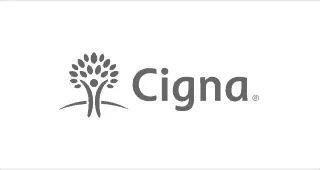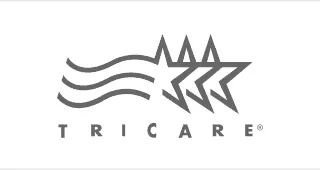What is Group Addiction Counseling?
Group therapy is a type of counseling that involves meeting with a group of people who are all struggling with similar issues. This type of therapy is led by a licensed mental health professional, such as a psychologist, social worker, or counselor.
Group therapy offers patients the chance to share their experiences with others who are going through similar challenges. The supervising mental health professional will structure the group with rules and guidelines that help the members of the group connect and grow with each other in their recovery journeys.
The Different Types of Group Therapy
Mental health professionals utilize a variety of group therapy models. Each model assesses the needs of the group in different ways, taking into account the phase of recovery that the participants are in. A few of the group models that have been shown to be highly effective in group therapy includes the following:
- Psychoeducational groups: These groups provide information about addiction and recovery, as well as offer skills training.
- Cognitive-behavioral groups: These groups focus on helping patients identify and change negative thought patterns and behaviors.
- Interpersonal process groups: These groups focus on helping patients improve their relationships with others.
- Support groups: These groups provide emotional support and encouragement for patients in recovery. This model supplies support and care to the members of the group while teaching interpersonal skills through discussion, experience sharing, and collaborative problem-solving.
- Skills development groups: Group therapy can help people with addiction by providing skills training, helping to change negative thought patterns and behaviors, and improving their relationships with others.
The Goals of Group Therapy
While the ultimate goal of group therapy is to aid in helping people manage mental health challenges and negative experiences and behaviors, group therapy has a few very specific goals. These goals include the following:
- To bring together people who share similar experiences and would benefit from engaging in therapy together
- To provide social support that helps ease feelings of loneliness or social disconnect.
- To help people learn more about themselves, their addiction, and how it affects others in a similar manner.
- To encourage people to practice new skills in a safe and supportive environment.
- To provide an opportunity for people to share their experiences and give and receive feedback in a group setting.
- To focus on a specific mental health concern that is shared by the other members of the group, such as depression or anxiety.
One of the main goals of group therapy is to apply the skills gained to life outside of the group sessions. Individuals will be able to correct their behavior, implement interpersonal skills, and utilize the new coping mechanisms gained in group therapy.
What is Group Addiction Counseling?
Who Benefits from Group Therapy?
Group therapy can be an effective treatment for people with any number of a wide variety of mental health conditions, including substance use disorders. Additionally, it can be particularly helpful for patients who struggle with communication skills or social anxiety. You are a good candidate for group therapy if you have any of the following conditions or difficulties:
- Attention-deficit/hyperactivity disorder (ADHD)
- Problems with anger management
- Chronic pain or illness
- Depression
- Eating disorders
- Generalized anxiety disorder
- Panic disorder
- Post-traumatic stress disorder (PTSD)
- Substance use disorder
- Divorce
- Grief and loss
- A history of domestic or partner violence
- Bipolar disorder
- Social phobia
- Obsessive-compulsive disorder (OCD)
Additionally, people who are willing to do the work required to change their lives are good candidates for group therapy. This includes being willing to openly share your thoughts, feelings, and experiences with group members. While sharing may not appeal to you immediately, it is important to give group therapy a chance. The more you participate in group sessions, the more you will get out of them.
Group therapy can be an invaluable tool in your recovery from addiction. It can provide support, insight, and encouragement when you need it most. If you are struggling with addiction, consider group therapy as a way to help you on the road to recovery.
What Happens in Group Therapy?
During group therapy, you will participate in a variety of activities designed to help you learn more about yourself and others. These activities may include:
- Group discussion
- Role-playing
- Guided imagery
- Processing exercises
A typical group therapy session meets for one or two hours a week. Participants will likely meet in a quiet room and sit in chairs in a circle. Members will introduce themselves and share their reason for attending group therapy. The group leader will then guide the discussion.
Group Therapy at Achieve Wellness & Recovery
The path to recovery is different for everyone. At Achieve Wellness & Recovery, we offer group therapy as one of our many services to help you on your journey. Our group therapy sessions are led by certified group therapists and addiction counselors who are experienced in helping people overcome substance abuse.
Group therapy is an important part of the treatment process because it can be a powerful tool in helping people overcome addiction. To learn more about group therapy or any of our other therapies, contact us today. We are here to help you on your journey to wellness and recovery.
We work with most insurance companies. Please note we are not affiliated with or endorsed by insurance companies.
No Medicaid Accepted.


















